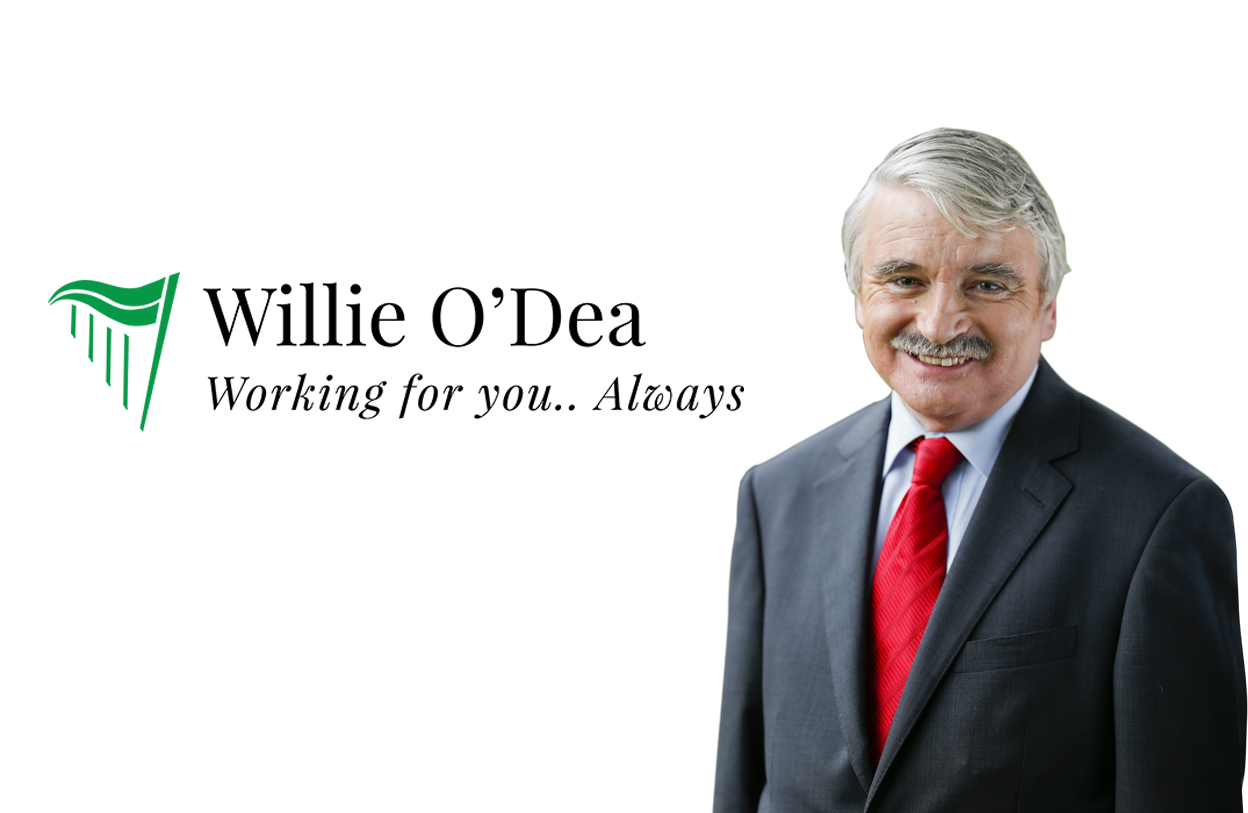 AFTER a week in which we have seen a lot of talk about what happened in the past and some dramatic PR optics designed to suggest some change in the future, I want to bring our focus back again on to issues that may have dramatic consequences for us here and now.
AFTER a week in which we have seen a lot of talk about what happened in the past and some dramatic PR optics designed to suggest some change in the future, I want to bring our focus back again on to issues that may have dramatic consequences for us here and now.
The first is the vital issue of our 12.5 per cent corporation tax. Over the past few weeks, we have seen the German and French finance ministers coming after us with a good cop/bad cop act.
First, we have the bad cop, German Finance Minister Wolfgang Schauble, demanding that Ireland provide a significant concession on corporation tax in return for some cut to the interest rate on the State’s bailout loans.
This is followed by the French good cop — or is that bonne gendarme? — Christine Lagarde, with the softer “there will have to be movement” line.
They claim that their approach is fair as we cannot expect highly taxed French and German citizens to dig deeper into their pockets to subsidise low-tax Ireland.
It makes for good rhetoric, but only if you completely ignore the truly massive cutbacks we have made here over the past three years.
The adjustments made, both by way of cutbacks in public spending and increases in taxes, are without parallel. I have no doubt that the hard-pressed German and French taxpayers want to know that we are cutting our cloth here. Well, we are and we have the hard statistics in terms of dole queues and reduced pay slips to prove it.
The problem with the German line that raising our rate of corporation tax is just a fair return for reducing the interest rate is that they have long wanted a reduction in our corporation tax — especially as their previous attempts were rebuffed effectively by the last Government.
Back in 2007, Germany’s then finance minister, Peer Steinbrueck, was threatening to take Ireland to the EU Commission over corporation tax with his claim that German companies were exploiting
our 12.5 per cent rate by setting up subsidiaries here, borrowing money from these subsidiaries and then writing off the interest against their profits in Germany.
Of all nations, Germany should recognise that what it is coercing us to do will not work. It is forcing us to undergo a process that is the exact opposite of what it experienced back in the 1950s. Germany owes its emergence as a modern-day economic strongman to the 1953 London Debt Agreement.
In that agreement, the international community recognised that making Germany repay its mountain of debt would cripple it for generations. They decided to write off 50 per cent of the country’s debt and gave it 30 years to pay off the balance of 15 billion Deutschmarks. This sensible and fair arrangement allowed the German economy to grow speedily by keeping the burden of paying the debt low.
While Ireland does not require the special treatment Germany received in 1953, it does merit fair treatment at the very least — and that means no smash and grab on our corporation tax when we are at our weakest.
The second issue is the ESRI’s latest report on green-energy technologies.
The ESRI argues that the current renewable-energy feed-in tariff-support scheme for renewable technologies — such as offshore wind and wave and tidal generation — should be ended, but that the scheme should remain in place for onshore wind power.
While I can see the ESRI’s arguments, I feel it misses the wider point. Just as with the IT and computing revolution in the 1980s, we have the opportunity to become a leader in renewable technologies, most importantly wind and wave.
We should not just be researching the technical aspects; we should be looking to develop the industrial side too, developing and building the equipment and systems to harness wave and tidal energy.
It is an area which has huge job-creation potential. The ESRI may well be right that wind and wave may not be able to make a sizeable contribution to our energy needs until 2020, but we cannot allow others — particularly the Scots and the Scandinavians — to get ahead of us in producing the heavy machinery and equipment needed.
We need to look to those areas and sectors where we can become world leaders and this is one. It is what helped us to create the Celtic Tiger, it is what we need urgently if we are to revive it.


